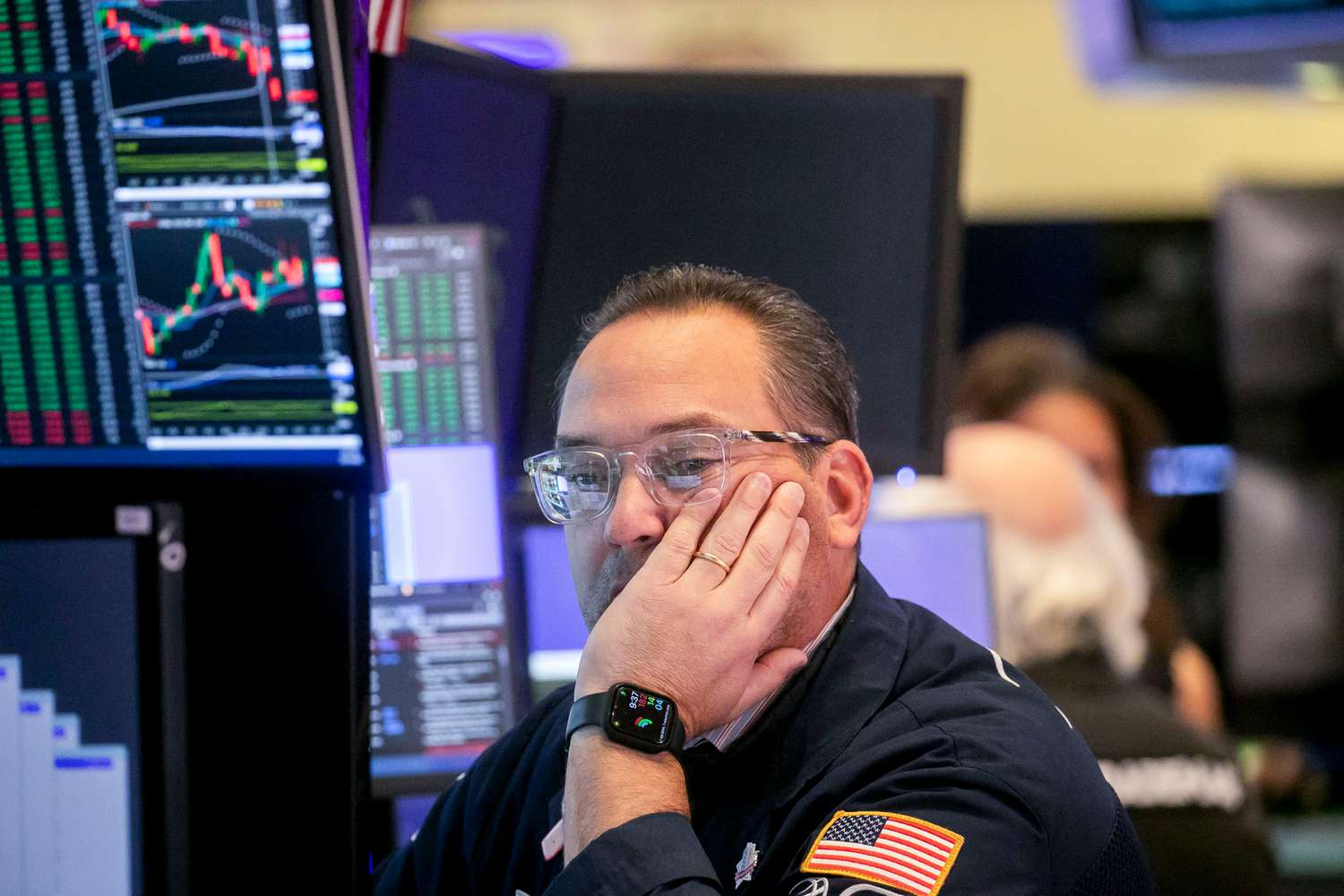Key Takeaways
- Stocks fell on Thursday, dampening investors’ hope for a Santa Claus rally to start 2025.
- The S&P 500’s average return in years without a Santa Claus rally is less than half its return in years with one (5% vs. 10.4%).
- Analysts are generally optimistic about the outlook for stocks this year, although there’s uncertainty about some of the policies incoming President Donald Trump will implement, amplifying the risk of volatility.
Santa may not be visiting Wall Street this year after all.
The S&P 500 fell 0.2% on Thursday and has lost ground in five straight sessions, giving investors little hope of getting a Santa Claus rally, which is the tendency for stocks to rise during the last five sessions of a year and the first two of the new year. The index would have to rise 1.8% on Friday to get back into positive territory for the seven-day period this year.
Granted, 2024 was an exceptional year for stocks, even without an end-of-year boost. The S&P 500 rose more than 20% for a second straight year, its first such stretch this millennium.
But a Santa Claus rally is more than just a cherry on top of a year; it’s sometimes also seen as an omen. The Santa Claus rally is historically correlated with stocks’ January and full-year performance.
Since 1950, the S&P 500 has, on average, returned 1.4% in January and 10.4% in the calendar year after a Santa Claus rally, according to a recent analysis by LPL Financial. (The S&P 500 was launched in 1957; stock performance before this year is based on its predecessor index, the S&P 90.) In years without a Santa Claus rally, the index’s average January return has been slightly negative and its full-year return has averaged just 5%.
What’s the Outlook for Stocks in 2025?
While the odds of a Santa Claus rally appeared slim on Thursday, stock market experts remain optimistic about the prospects for 2025.
Stocks are generally expected to be supported by incoming President Donald Trump, who has vowed to extend the corporate tax cuts of his first term and slash regulations. The U.S. economy’s continued strength is also expected to underpin corporate profits, which experts believe will broaden after two years of narrow leadership. The Magnificent Seven stocks are still expected to grow profit faster than the average S&P 500 company, but by the slimmest margin in seven years, according to Goldman Sachs analysts.
The artificial intelligence (AI) craze is also seen evolving this year as the use of AI becomes more widespread. A small number of companies—most of them semiconductor and networking hardware companies like Nvidia (NVDA) and Broadcom (AVGO)—have thus far benefited from the AI revolution. Experts believe a greater variety of companies will begin to reap those benefits in 2025 as new infrastructure comes online and businesses find novel applications for the technology.
Trump 2.0 Could Amplify Uncertainty
Donald Trump is known for treating the stock market’s performance as a proxy for the success of his administration. Yet, his impending presidency is a major source of uncertainty, which could make for a bumpy ride this year.
Many of Trump’s signature policy proposals, if implemented, could have knock-on effects that drag on stocks. His proposed tariffs could help stoke inflation by disrupting global supply chains and raising costs for businesses. Deportations of the magnitude Trump has promised would likely also boost inflation.
Resurgent inflation could force Federal Reserve officials to keep interest rates at a level they deem “restrictive,” which would stifle consumer demand and put extra pressure on businesses. Higher interest rates also would likely translate to higher bond yields and a stronger dollar, both of which would weigh on riskier assets like stocks.

